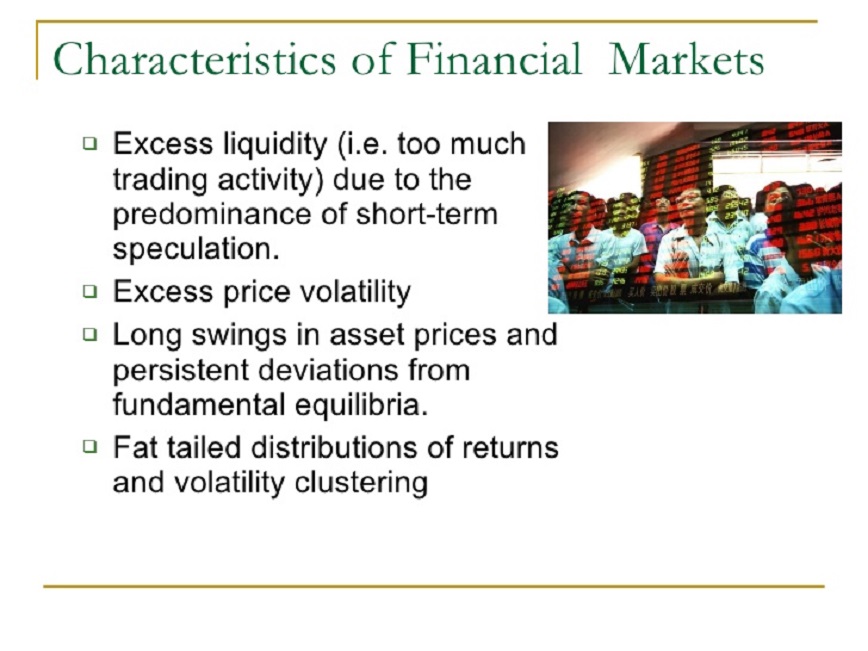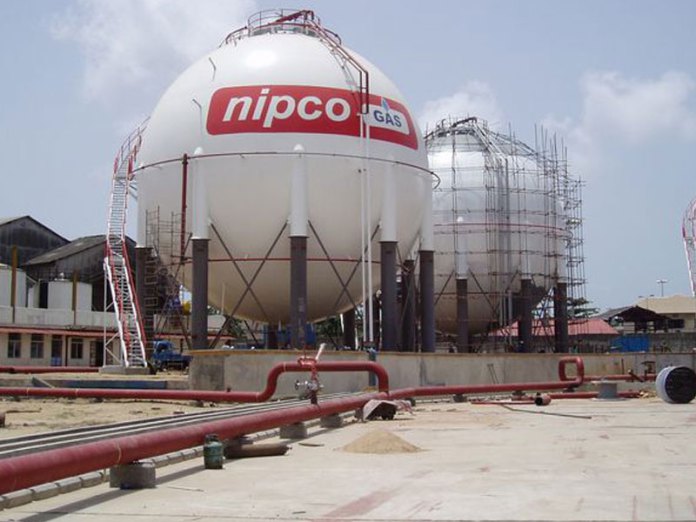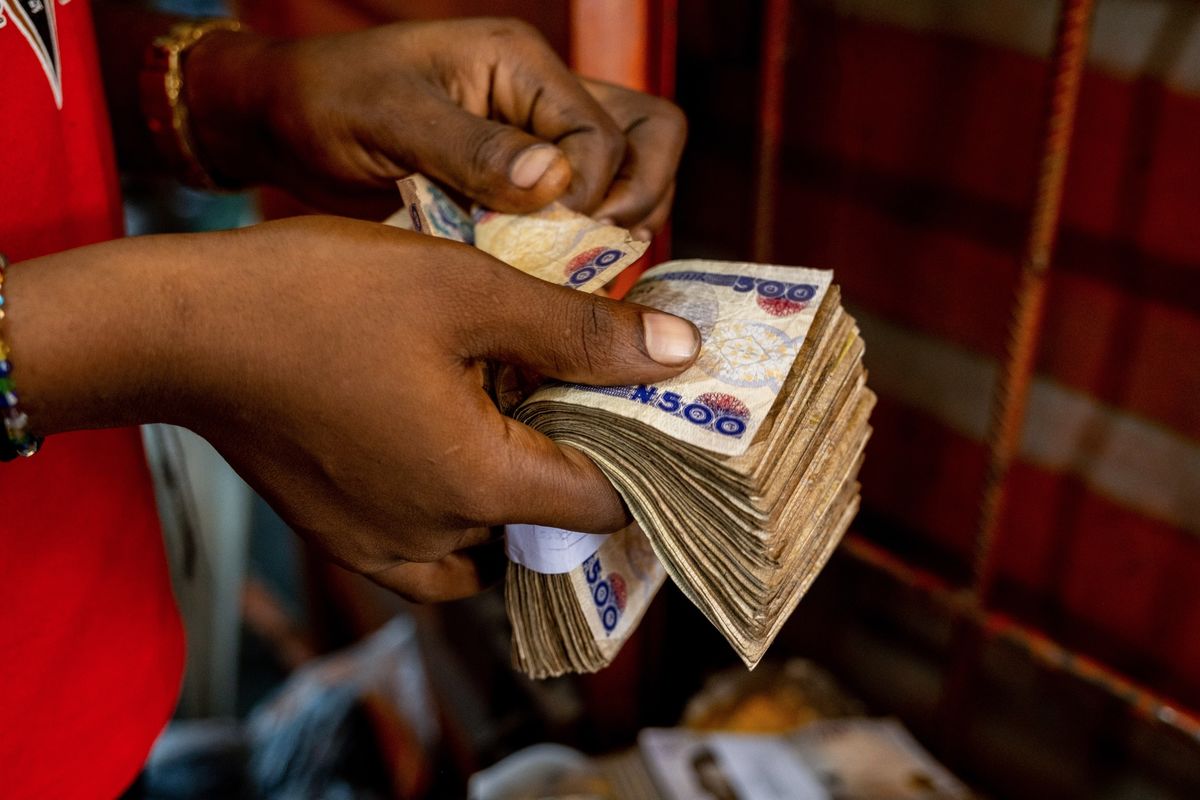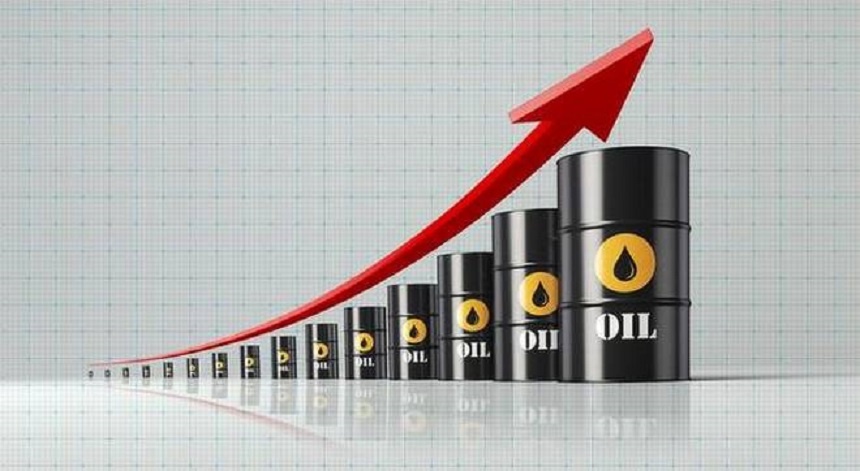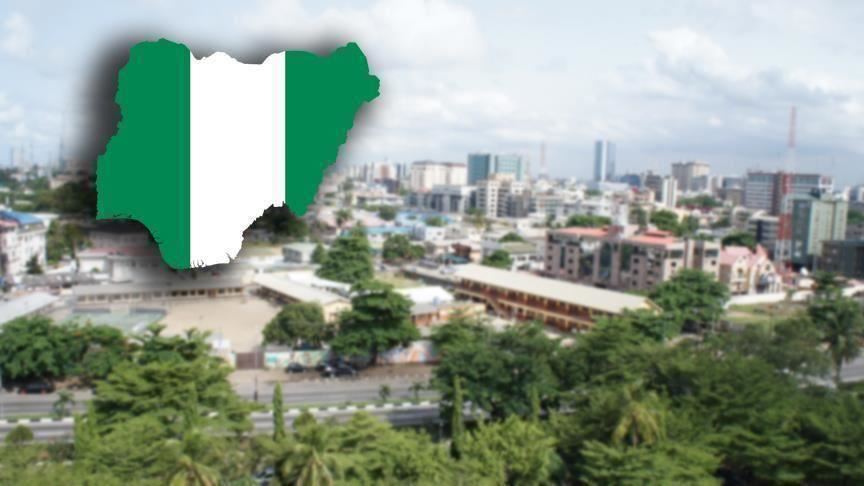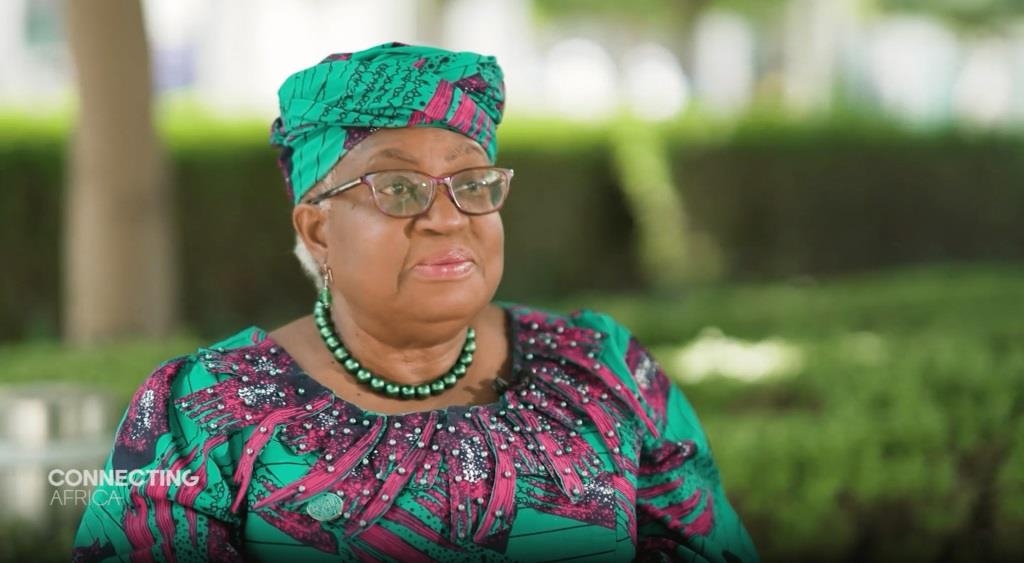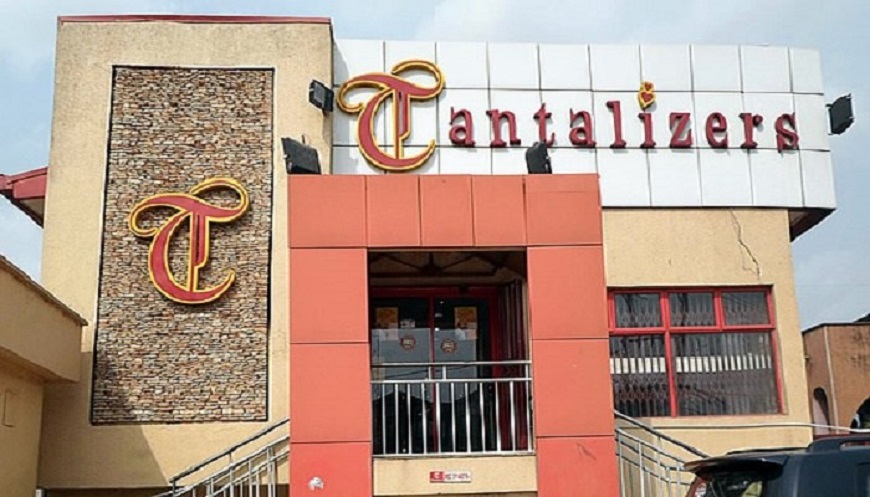By Modupe Gbadeyanka
The market is expecting an inflow of N1.02 trillion this week from treasury bills worth N521.72 billion maturing via the primary and secondary markets as well as over N500 billion from the statutory allocation funds to be disbursed to the three tiers of government by the Federal Accounts Allocation Committee (FAAC).
As a result, there would be huge rise in excess liquidity in the market this week, which will likely not be soaked up by the Central Bank of Nigeria (CBN).
According to analysts at Business Post, on Wednesday, the apex bank will sell T-bills worth N206.95 billion to investors at the primary market.
A breakdown of the planned exercise showed that 91-day bills worth N24.96 billion, 182-day bills worth N44.99 billion and 364-day bills worth N137 billion would be auction.
Also, during the week, the central bank would be expected to make attempt to mop up excess liquidity via the sale of OMO bills probably on Thursday.
Business Post reports that the N521.72 billion maturing bills and the over N500 billion from FAAC are expected to result to a decline in the cost of funds during the week.
Last week, the cost of funds depreciated for the second consecutive week, with average interest rate for short term lending falling by 1.50 percent in two weeks.
While the Open Buy Back (OBB) rate dropped to 6.75 percent last week from 7.83 percent the previous week, the Overnight (OVN) rate went down to 7.92 percent from 8.5 percent.
It was gathered that the decline was mainly influenced by sustained excess liquidity in the interbank money market, worsened by inflow of N364.33 billion from matured Open Market Operation (OMO) bills.
Despite efforts by the apex bank to soak up the excess liquidity, not much was achieved as the sale of OMO bills was not too successful.
On August 23, 2018, the CBN offered OMO bills worth N400 billion to traders, but only N97.9 billion was raised from the exercise.
A breakdown showed that of the N100 billion worth of the 91-day bills offered to investors, only N11.26 billion was made, while N86.64 billion was raked from the N300 billion worth of the 203-day bill.


